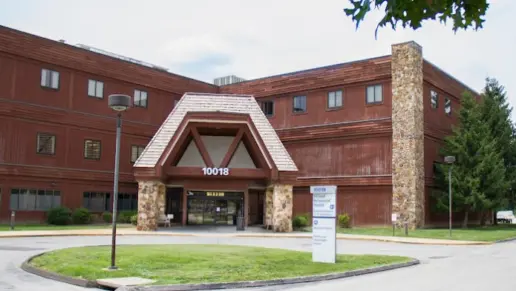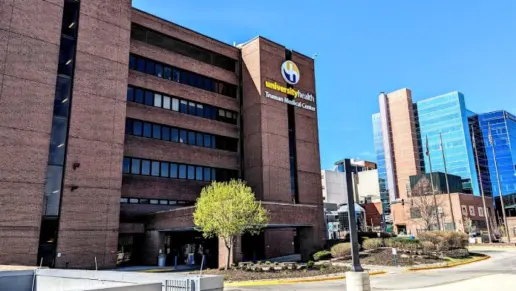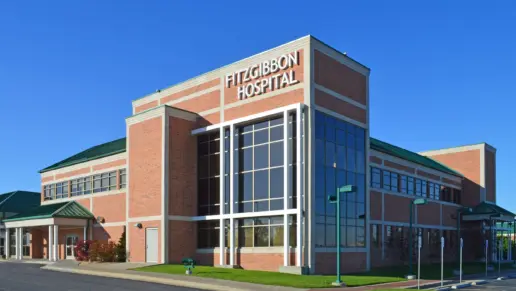The Crossroads Program is the best place to get sober!! All the members of the staff are amazing and enthusiastic; I highly appreciate all the things that they made for me. I would like to say thanks especially to the counselors for being very attentive about all my necessit ...
About The Crossroads Program
If you need alcohol and drug rehab services then you can visit The Crossroads Program in Kansas City, Missouri. The facility specializes in helping teens and young adults recover from addiction problems. The treatment services available include an intensive outpatient program, support groups, individual counseling and speaking engagements.
Treatment That Relates to the Youth
The intensive outpatient program provides teens and young adults with six to 12 weeks of treatment. With helping young clients, the staff focuses on the importance of developing a positive support system, building and maintaining self worth, and how to have fun without using substances. Some fun activities that teens and young adults can enjoy in Kansas City include going to the Worlds of Fun theme park or visiting the Kansas City Zoo & Aquarium.
I also like that the facility touches on other topics related to teens and young adults, such as social media and recovery, along with repairing trust within parent relationships. The program also includes a parent support group to help parents know how to support their loved ones and cope with their child’s substance use challenges.
Addiction Education in the Community
One of the services I like most that The Crossroads Program provides is their Speaking Engagements service. A substance abuse counselor can provide a presentation to teens that meets them at their level and helps them understand the reality of drug use.
The presentation engages the students in a conversation about drugs and their consequences while also adding a little humor to maintain their attention. Schools, churches and other groups working with teens can receive these services.
Rehab Score
Gallery
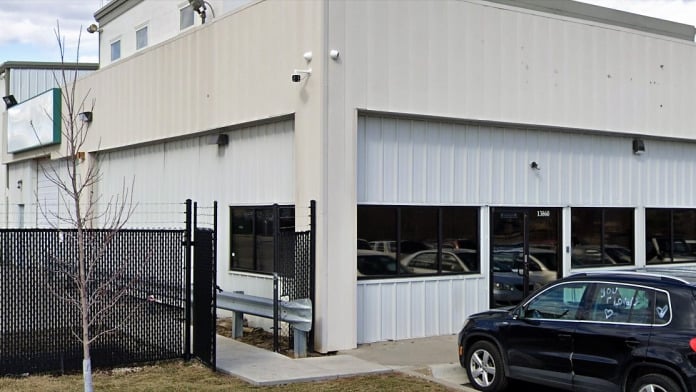
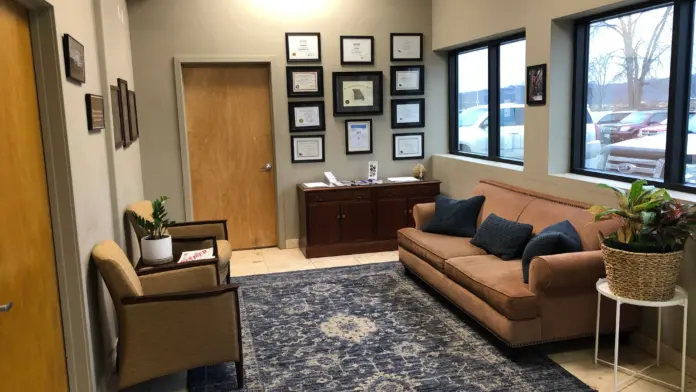
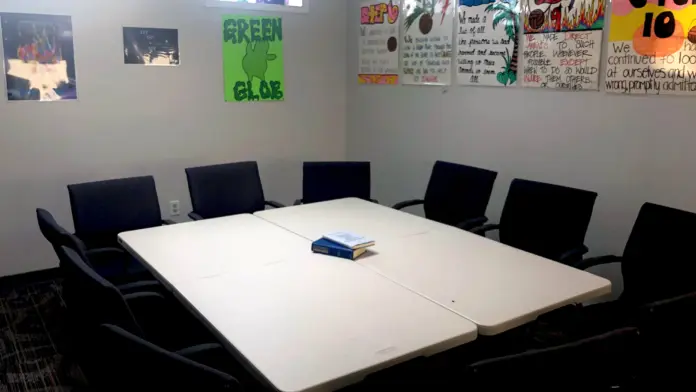
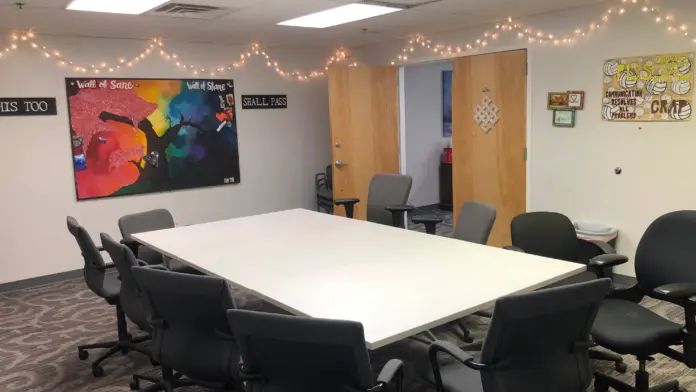
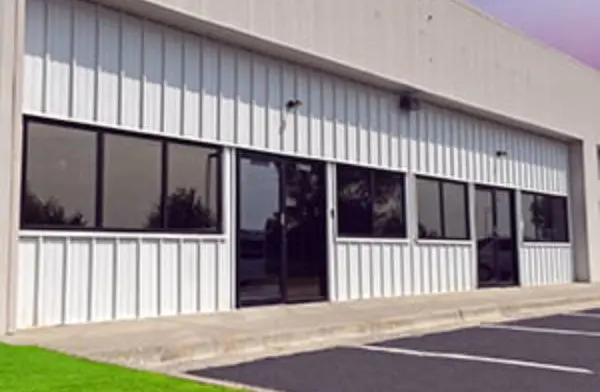
Location
Accepted Insurance
Other Forms of Payment
Private insurance refers to any kind of healthcare coverage that isn't from the state or federal government. This includes individual and family plans offered by an employer or purchased from the Insurance Marketplace. Every plan will have different requirements and out of pocket costs so be sure to get the full details before you start treatment.
Self-pay involves paying for treatment out of your own pocket. You can use savings or credit, get a personal loan, or receive help from family and friends to fund your treatment. If you don't have insurance or your insurance plan doesn't cover a specific program, self-pay can help ensure you still get the care you need.
Addiction Treatments
Levels of Care
Treatments
The goal of treatment for alcoholism is abstinence. Those with poor social support, poor motivation, or psychiatric disorders tend to relapse within a few years of treatment. For these people, success is measured by longer periods of abstinence, reduced use of alcohol, better health, and improved social functioning. Recovery and Maintenance are usually based on 12 step programs and AA meetings.
Drug rehab in Missouri usually involves several phases: detox, rehab, and aftercare. The rehab phase may include a combination of inpatient and outpatient treatments, as the individual moves through a continuum of care on their recovery journey.
Opioid rehabs specialize in supporting those recovering from opioid addiction. They treat those suffering from addiction to illegal opioids like heroin, as well as prescription drugs like oxycodone. These centers typically combine both physical as well as mental and emotional support to help stop addiction. Physical support often includes medical detox and subsequent medical support (including medication), and mental support includes in-depth therapy to address the underlying causes of addiction.
Substance rehabs focus on helping individuals recover from substance abuse, including alcohol and drug addiction (both illegal and prescription drugs). They often include the opportunity to engage in both individual as well as group therapy.
Programs

Clinical Services
Research clearly demonstrates that recovery is far more successful and sustainable when loved ones like family members participate in rehab and substance abuse treatment. Genetic factors may be at play when it comes to drug and alcohol addiction, as well as mental health issues. Family dynamics often play a critical role in addiction triggers, and if properly educated, family members can be a strong source of support when it comes to rehabilitation.
Group therapy is any therapeutic work that happens in a group (not one-on-one). There are a number of different group therapy modalities, including support groups, experiential therapy, psycho-education, and more. Group therapy involves treatment as well as processing interaction between group members. Group sessions take place for four hours, five days a week.
In individual therapy, a patient meets one-on-one with a trained psychologist or counselor. Therapy is a pivotal part of effective substance abuse treatment, as it often covers root causes of addiction, including challenges faced by the patient in their social, family, and work/school life.
Life skills trainings involve all the skills a person must have in order to function successfully in the world. These include time management, career guidance, money management, and effective communication. Truly successful addiction recovery is based on the ability to not only live substance-free, but to thrive. Life skills teaches the practical necessities of functioning in society, which sets clients up for success in life, and therefore sobriety.
Recreational therapy (aka therapeutic recreation) uses creative and fun activities to help with addiction recovery. Recreational therapists lead patients in entertaining and engaging activities like sports or games; art (drawing, painting, sculpture); drama, music, and dance; and/or community outings (field trips) to improve patients' physical, social, and emotional well-being.
Amenities
-
Residential Setting
-
Private Setting
Contact Information
13860 Wyandotte Street
Kansas City, MO 64145


